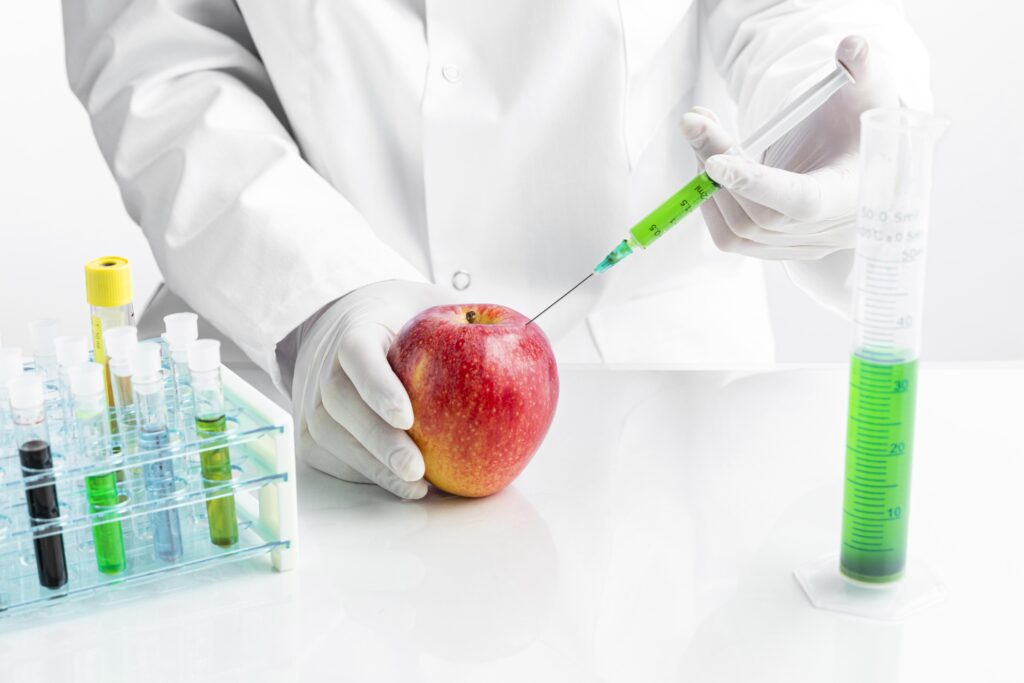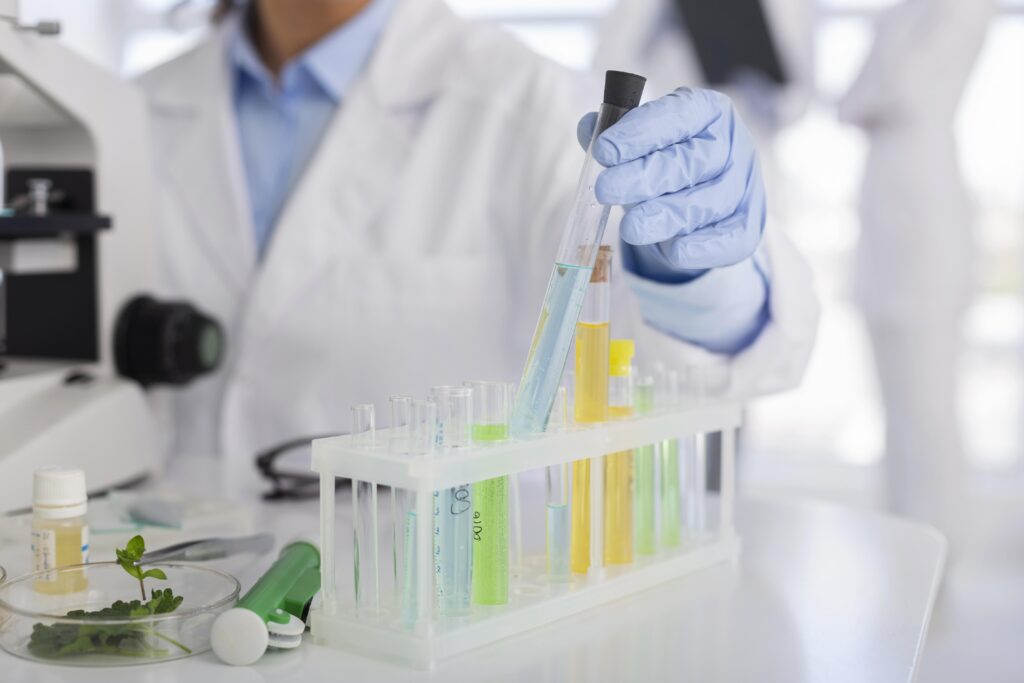It is more important than ever to ensure food safety in the globalized world of today. Since food products travel across borders daily, upholding strict food safety regulations protects consumers and fosters global trade. This thorough book explores the nuances of international food safety standards, emphasizing their significance, important rules, and effects on food production and consumption.
What Are Food Safety Standards?
Food safety standards are a collection of rules and laws intended to guarantee the safety of food items for ingestion. From farm to table, these standards address all facets of food production, including handling, preparing, storing, and distributing food. Food manufacturers can reduce the risk of contamination and foodborne illnesses by following these guidelines.
Why Are Global Food Safety Standards Important?
Protecting Consumer Health
Protecting customers from foodborne illnesses is the main objective of food safety regulations. These guidelines aid in preventing contamination and guarantee the safety of food items. Food contamination can result in serious health problems such as infections, food poisoning, and chronic illnesses. Regulatory agencies work to protect the public’s health by lowering the frequency of these health issues through the enforcement of stringent food safety regulations.
Facilitating International Trade
Consistent food safety standards facilitate easier trade and import/export procedures between nations. Trust and trade between nations are higher when food safety regulations are strictly enforced. The sustainability of the global food supply chain depends on this mutual trust. Trade processes are streamlined when nations acknowledge and accept one another’s food safety standards, as this lessens the need for repeated testing and inspection.
Enhancing Food Quality
Adherence to food safety standards enhances the general quality of food items. Higher customer satisfaction and a rise in the market for wholesome, safe food are the results of this. Today’s consumers are pickier and more aware of what they eat, and they favor goods that meet established guidelines for food safety. Thus, companies that put food safety first not only safeguard their customers but also improve their standing and ability to compete in the market.
Key Global Food Safety Standards
Codex Alimentarius
The Codex Alimentarius, which is overseen by the World Health Organization (WHO) and the Food and Agriculture Organization (FAO), establishes global food standards, guidelines, and codes of conduct to safeguard consumer health and promote fair trade practices. Pesticide residues, food labeling, and food additives are only a few of the many food safety-related topics covered by the Codex. National food safety regulations are based on internationally recognized standards.
Hazard Analysis and Critical Control Points (HACCP)
Throughout the food manufacturing process, hazards are identified, assessed, and controlled using the Hazard Analysis and Critical Control Points (HACCP) method. It is generally accepted and used everywhere in the world. HACCP is a useful technique for guaranteeing food safety since its principles concentrate on preventing problems rather than responding to them. Businesses can put procedures in place to prevent, get rid of, or lower risks to manageable levels by identifying critical control points in the production process.
ISO 22000
The specifications for a food safety management system are outlined in this international standard. It guarantees that every chain link in the food chain can reliably provide safe goods. The concepts of HACCP are combined with ISO 9001 (quality management) requirements in ISO 22000 to provide a comprehensive framework for risk management related to food safety. Businesses that obtain ISO 22000 certification show their dedication to ongoing development and food safety.
FDA Food Safety Modernization Act (FSMA)
Instead of responding to food safety problems after they arise, the FSMA in the US focuses on preventing them. It gives the FDA additional power to control the production and distribution of food. Among the main features of FSMA are the increased FDA inspection authority, the mandated implementation of preventative controls for food facilities, and the strengthened requirements for traceability and record-keeping. The goal of these actions is to change the emphasis from responding to food safety problems to their prevention.
European Food Safety Authority (EFSA)
In the European Union, the EFSA offers unbiased scientific advice on hazards to food safety. It is essential to the creation and implementation of EU food safety regulations. In addition to evaluating the dangers posed by pollutants, foodborne pathogens, and food additives, EFSA also offers recommendations on nutrition and health claims. EFSA contributes to ensuring that EU food safety regulations are founded on solid evidence and industry best practices by carrying out thorough scientific studies.
Implementing Food Safety Standards in India
India, a significant food producer and exporter, maintains strict food safety regulations to guarantee the safety and excellence of its food products. In India, food safety is governed and overseen by the Food Safety and Standards Authority of India (FSSAI). Food product standards are established by FSSAI, which also controls food imports and conducts testing and inspections to ensure compliance.
An Indian food testing laboratory is essential to upholding these standards. These labs carry out a range of tests to identify pollutants, confirm nutritional data, and guarantee adherence to both domestic and global food safety regulations. Food testing labs in India assist in identifying potential dangers and confirming that food products satisfy the necessary safety criteria by utilizing cutting-edge technologies and procedures.

The Role of Food Testing Labs
Food testing labs are essential for ensuring compliance with food safety standards. They perform a range of tests, including:
Microbiological testing: involves identifying potentially dangerous microorganisms, including viruses, bacteria, and parasites, which can lead to foodborne diseases.
Chemical testing: Determining the presence of chemicals in food additives, insecticides, and heavy metals.
Nutritional analysis: Checking food goods’ nutritional composition to make sure labels are accurate.
Allergen testing: identifying allergens to stop sensitive people from having negative responses.
Shelf Life Testing: Determining safe consumption intervals by evaluating a product’s shelf life.
By providing accurate and reliable test results, food testing labs in India play a pivotal role in maintaining food safety and protecting consumer health.
Challenges in Adhering to Food Safety Standards
Complex Regulations
The intricate network of both domestic and global food safety rules can be difficult for food manufacturers to navigate, particularly for small and medium-sized businesses. It might be difficult to stay on top of the many regulatory standards that vary throughout nations. To guarantee that their items are acceptable in a variety of markets, businesses must devote time and resources to comprehending and adhering to multiple standards.
Resource Constraints
Implementing food safety standards frequently necessitates a large investment in technology, infrastructure, and training. For many firms, especially those with limited funding, this might be a barrier. Modernizing facilities, investing in cutting-edge testing tools, and educating staff members on food safety procedures are all necessary to set up a strong food safety management system. These expenses may be unaffordable, particularly for smaller businesses.
Constantly Evolving Standards
Food safety standards are updated frequently to reflect emerging hazards and scientific discoveries. Staying up to date with these changes takes constant work and adjustment. Regulatory agencies often update their standards to reflect new technology advancements, emerging dangers to food safety, and the most recent study findings. To stay compliant, businesses need to keep up with these modifications and modify their procedures as necessary.
Strategies for Overcoming Challenges
Despite the challenges, businesses can successfully implement food safety standards by adopting the following strategies:
1. Invest in Training and Education: Frequent training on food safety procedures and laws for staff members lowers the possibility of contamination and helps to guarantee compliance. Employees with proper training are more likely to adhere to established procedures and recognize the significance of food safety.
2. Leverage Technology: Food safety management can be improved by utilizing cutting-edge technologies like data analytics and automated monitoring systems. Technology can assist in locating possible risks, streamlining procedures, and enhancing supply chain traceability
3. Collaborate with Food Testing Labs: Collaborating with respectable food testing laboratories in India might offer significant assistance in fulfilling food safety regulations. These laboratories may assist firms in identifying and resolving possible safety hazards in addition to providing expert testing services.
4. Stay Informed: Remaining compliant requires staying up to date with the most recent changes to food safety laws and guidelines. Subscribe to industry periodicals, attend pertinent conferences and workshops, and interact with regulatory organizations to remain up to date on developments and optimal procedures.
5. Put in Place a Sturdy Food Safety Management System: Creating a thorough system, like ISO 22000, can offer an organized method of handling food safety hazards. To guarantee continued compliance and safety, this system should incorporate frequent audits, risk assessments, and continuous improvement programs.
Conclusion
To guarantee the safety and quality of food items, it is crucial to comprehend and abide by international food safety regulations. These guidelines improve overall food quality, safeguard consumers, and ease international trade. To uphold these standards and guarantee that food products are safe for consumption, India needs a food testing facility. Food manufacturers can contribute to a safer global food supply by remaining up to date on the latest laws and allocating the required resources to efficiently negotiate the intricacies of food safety standards.
Food safety standards will become more and more important as the world’s food sector develops. Companies that put food safety first will safeguard their customers and obtain a competitive advantage in the marketplace.











